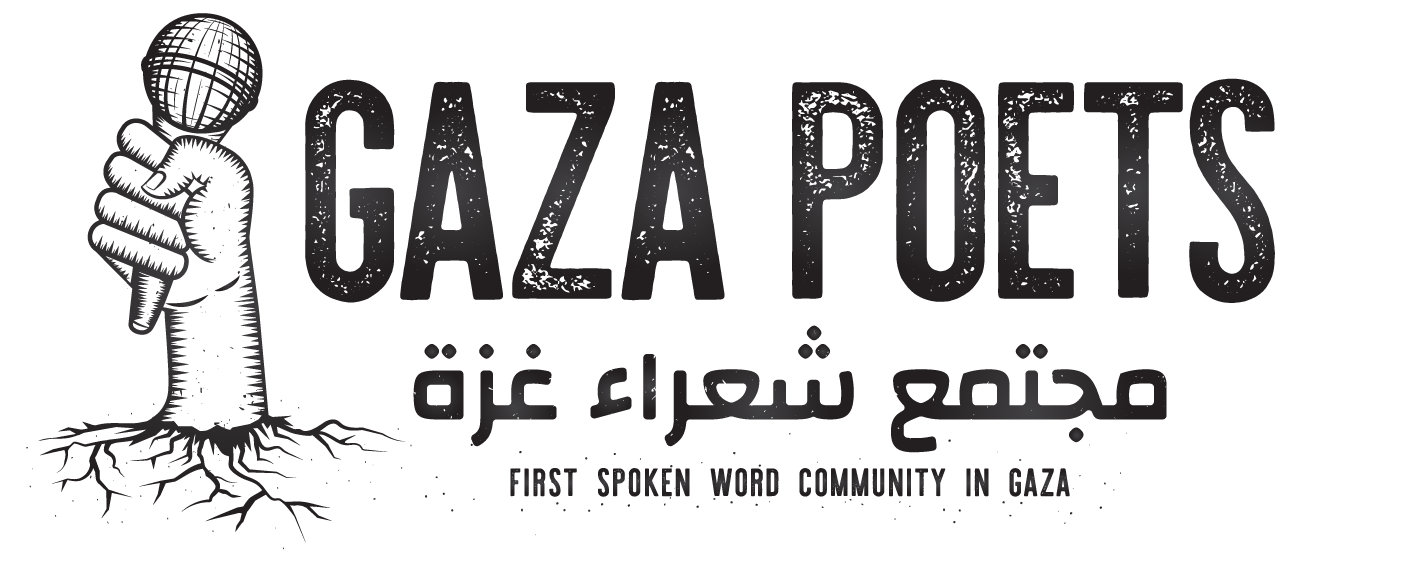Beyond the Page: Palestinian Poetry’s Irreversible Transformation
Mohammed Moussa is a Palestinian poet from Gaza. He is a freelance journalist who has written for several international news outlets. He founded the Gaza Poets Society, Gaza's first spoken word community, and hosts Gaza's first podcast, the Gaza Guy Podcast. He has published two poetry collections, Flamingo and Salted Wounds, and contributed to numerous poetry anthologies, including Love and Loss, the Gaza Poets Society's first anthology. He edited and contributed to the society's second anthology, My Death is Not a Song for You to Sing.
The Irreversible Metamorphosis of Palestinian Poetry
The landscape of Palestinian poetry is forever altered by the genocide in Gaza. As the founder of the Gaza Poets Society, I can attest with absolute certainty: the Palestinian poetry you once revered, shared, and celebrated will never be the same. We have produced two anthologies to date, and the poetry in our forthcoming third anthology, Tell It to the Sky, only solidifies the gravity of this change. We simply cannot read or write as we did before.
A New Poetic Imperative Born from Unspeakable Loss
For Palestinians, poetry has always been a sanctuary and potent voice, especially when words fail us in the face of war, genocide, and the Nakba. Our poetry has garnered renown for its enduring themes: resistance, lamentation of a lost homeland, the search for identity, the pain of exile, profound longing, gnawing absence, and the fragile nature of memory. Masters like Mahmoud Darwish, Fadwa Tuqan, Samih al-Qasim, and Mourid Barghouti skillfully wove these threads into a powerful literary tradition, a testament to the Palestinian spirit.
Yet, the Palestine, Gaza, and world of today are profoundly different. We are witnessing a televised genocide, an unparalleled atrocity claiming the lives of countless children, women, and innocent men. We are forced, again and again, to assert our innocence, our very humanity, in a world that seems intent on forgetting both.
The Haunting Poems of Gaza’s Poets
When you engage with the work of Gaza's emerging poets, those writing from within the crucible of genocide, you will encounter a stark thematic shift. Hunger doesn't merely appear in their verses; it invades and consumes them. Longing is no longer a gentle ache but a profound, almost unbearable weight.
Speaking as a poet from Gaza, living through this genocide, my perspective is undeniably different—broader, darker, irrevocably shaped by the loss of family and the specter of famine. The poets of Gaza are forging a new Palestinian poetry, redefining its essence and meaning. We are compelled to pen countless elegies, stretching the very boundaries of poetic expression to encompass unspeakable grief. We write relentlessly about the famines that ravage our bodies, and about the families and children burned alive in their tents. Poetry in Gaza has been transformed so utterly that the very thought of writing a love poem now feels alien, perhaps even impossible.
This is not merely an evolution; it is an irreversible transformation. The raw, unfiltered experience of genocide has become the ink, the rhythm, and the very soul of this new Palestinian poetry.
Artwork: “Memories,” Safia Latif
